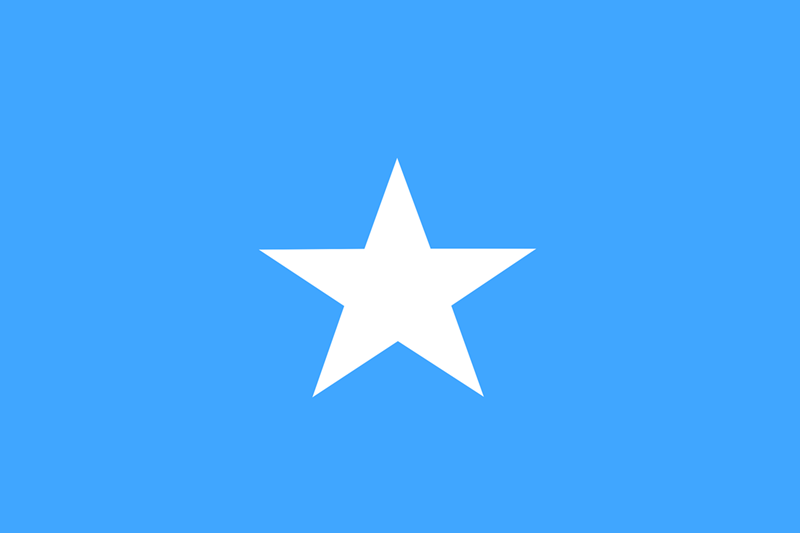Mogadishu, Somalia – In a strategic move aimed at boosting Somalia’s marine-based economy, Prime Minister Hamsa Abdi Barre today officially laid the foundation stone for the new headquarters of the Ministry of Fisheries and Blue Economy in Mogadishu. The ceremony marks a pivotal step in Somalia’s vision to harness the potential of its vast marine resources and strengthen its blue economy sector.
The Prime Minister presided over the groundbreaking ceremony, unveiling plans to establish a dedicated center that will house the country’s efforts to expand and regulate its fisheries industry and other maritime economic activities. He described the new building as a cornerstone of Somalia’s economic reform agenda.
Somalia has one of the longest coastlines in Africa—over 3,300 kilometers—yet decades of instability have prevented the country from fully benefiting from its rich maritime resources. With global demand for seafood rising and climate resilience increasingly linked to sustainable blue economies, Somalia is positioning itself to shift away from traditional dependency on aid toward leveraging its coastal wealth.
“Somalia is blessed with immense marine resources,” PM Hamsa said during his address. “But for years, we haven’t tapped into them in an organized and skilled way. The blue economy is not just about fish—it’s about sustainable growth, jobs for our youth, and sovereignty over our natural assets.”
Besides Prime Minister Hamsa, the event was attended by senior government officials, representatives from the Ministry of Fisheries, international development partners, and local community leaders. Their presence underscores the national and international significance of Somalia’s renewed focus on sustainable maritime development.
The “blue economy” refers to the sustainable use of ocean resources for economic growth, improved livelihoods, and ocean ecosystem health. For Somalia, this includes fisheries, marine transport, coastal tourism, port infrastructure, and ocean-based renewable energy—sectors that could significantly reduce unemployment and food insecurity.
PM Hamsa also pledged that the federal government would invest in coastal infrastructure such as major road networks and supporting facilities along the Somali coast. These developments aim to make marine resource extraction more accessible and economically viable for communities.
“The foundation laid today is just the beginning,” said the Prime Minister. “We envision modern highways along our shores and a regulatory framework that empowers our people to own and benefit from their seas.”
This latest development reflects the Somali government’s broader ambition to chart a sustainable and sovereign economic course—centered on the sea. With political will, international collaboration, and infrastructural investment, the Ministry of Fisheries and Blue Economy may well become the engine of a prosperous, self-reliant Somalia.
